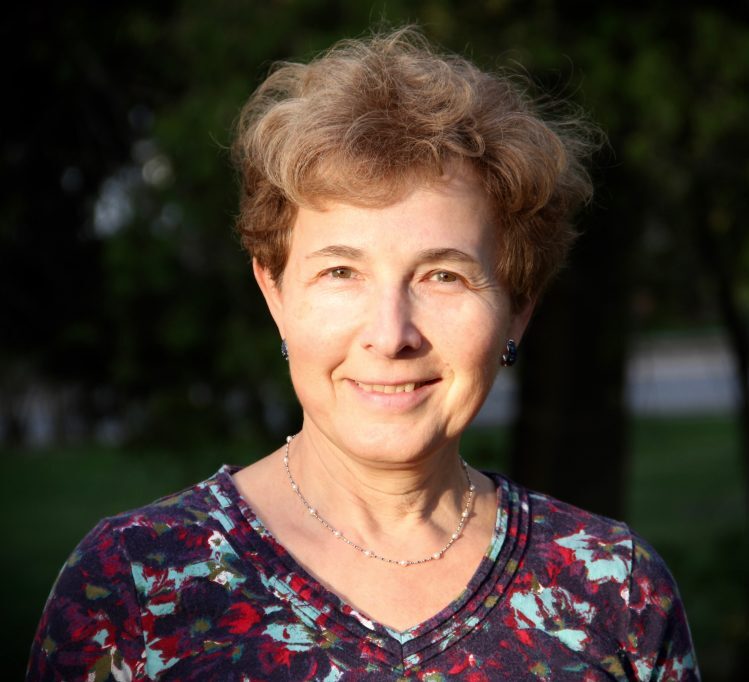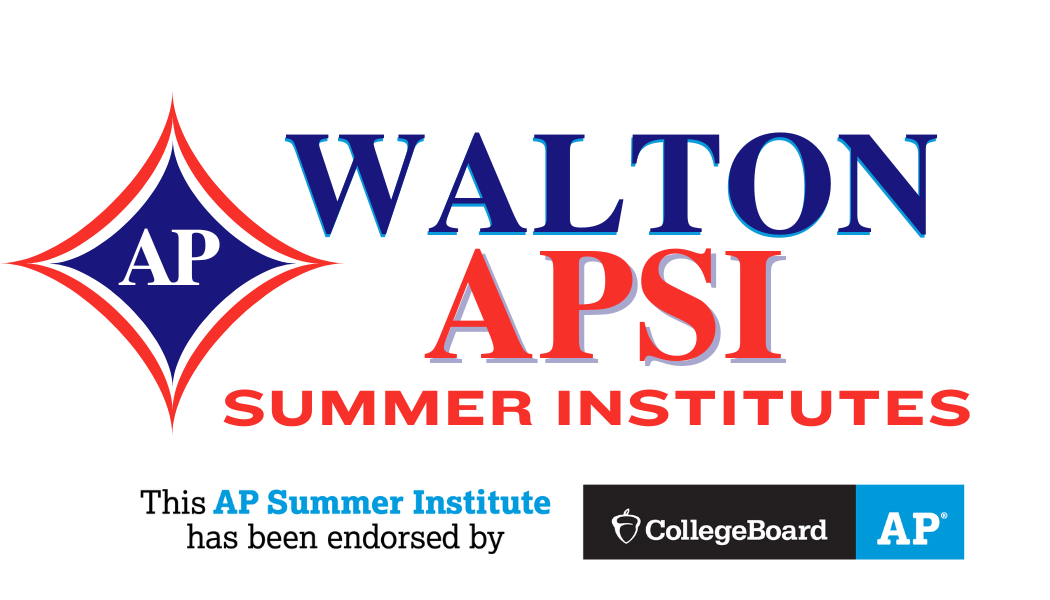This session: AP Computer Science A with Maria Litvin ONLINE Event 2: June 23-26, 2025.
Meet your APSI Consultant for AP Computer Science A

Maria Litvin has taught computer science and mathematics at Phillips Academy in Andover, Massachusetts, since 1987. She is an Advanced Placement Computer Science exam reader and Table Leader and, as a consultant for The College Board, provides AP training for high school computer science teachers.
Prior to joining Phillips Academy, Maria taught computer science at Boston University. She is a co‑author of several leading AP Computer Science textbooks, including C++ for You++ and Java Methods: Object-Oriented Programming and Data Structures.
She is also a co-author of Be Prepared for the AP Computer Science Exam in Java (since 1999) and Coding in Python and Elements of Discrete Mathematics.
Since 2014, as a Code.org facilitator, Maria has trained over three hundred New England elementary school teachers in introducing computer science to children in grades K-5. She is the faculty advisor of the Coding Circle community engagement program at the local Boys & Girls Club and a co-author of the Continental Mathematics League computer science contests for elementary and middle school students.
During this AP Computer Science A APSI, you’ll explore the course framework, the exam, and the new AP resources that will help you plan and focus instruction—and give you feedback throughout the year on the areas where individual students need additional focus. You’ll also learn about completing the digital activation process at the start of the school year that will give you immediate access to the new resources and will help ensure that your students can register for AP Exams by the new fall deadlines. By attending this APSI, you’ll gain deeper insight into the following key takeaways, among several others: Understand the Course; Plan the Course; Teach the Course; Assess Student Progress; and Engage as a Member of the AP Community. In addition, specific attention will be paid to the following AP Classroom resources: unit guides, personal progress checks, AP teacher community, and the AP question bank.This APSI accommodates participants with different levels of familiarity with Java and OOP. We will study the material of all 10 Units in the Course and Exam Description (CED), including arithmetic, decisions (if statements), iterations (loops), strings, classes and objects, constructors and methods, inheritance and polymorphism, 1D and 2D arrays and ArrayList, searching and sorting, and recursion.
I will help you connect with many AP CSA resources, including a pre-packaged curriculum and several online Java practice platforms. I will model the use of these resources, which will make your teaching more successful yet easier to conduct. You will program in Java every day during synchronous Zoom meetings, including in breakout rooms – to help make more of your voices heard, model small-group work, and allow more solutions to emerge.
Asynchronous coding will allow you to practice what you learned and then share your solutions with fellow participants.
We will discuss Java IDEs, including Eclipse, and I will code in Eclipse and will assist you in learning it. We will also code in Repl.it, an online IDE. You may use any Java IDE of your choice.
You will receive an eBook Java Methods: Object-Oriented Programming and Data Structures, 3rd AP Edition, by Maria Litvin and Gary Litvin, Skylight Publishing, and we will use this book in class.
We will practice with formative and summative assessments, using the College Board’s AP Classroom as main resource, and will use AP Classroom’ data analytics, that allows students to monitor their own learning and for teachers to monitor performance of their entire class and that of individual students. We will do a mock grading of at least two free-response questions from the past AP exams, and solve sample multiple-choice questions.
We will discuss the College Board’s exemplar labs, and do at least one of them. Important part of the course will be daily modeling and discussion of pedagogical practices in teaching a CS course, helpful to new and experienced teachers alike. Sharing teaching practices, including unplugged activities, is one of our goals.
We will discuss ideas for increasing diversity of AP CSA population, to bring in more young women and other underrepresented groups to take the course.
